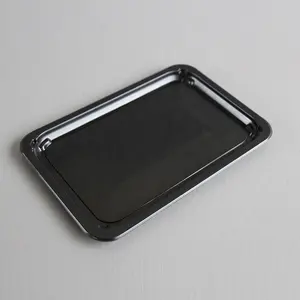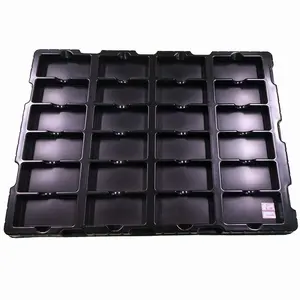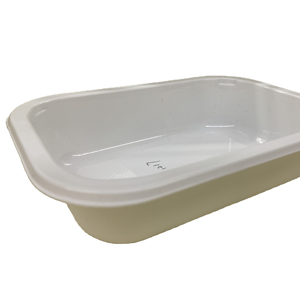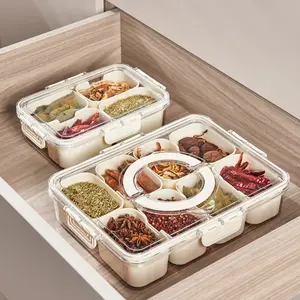Alibaba.com showcases a variety of sustainable plastic trays designed to meet the growing demand for eco-friendly food service solutions. Among the offerings are biodegradable trays tailored for meat packing, featuring designs that cater to supermarket requirements for fresh meat packaging. These trays are typically crafted from PET materials, with thicknesses ranging from 0.1 to 0.3mm, ensuring durability while maintaining environmental responsibility.
The platform also presents a selection of disposable trays, including those used for Japanese food such as sushi, complete with anti-fog lids to maintain the quality and presentation of the food. For fast-food establishments, there are clear hinged lid containers made from PP plastic, which are microwave safe, highlighting the blend of convenience and sustainability.
For the horticulture industry, Alibaba.com offers biodegradable plastic trays for hydroponic seedling growth and nursery plant applications, signifying the versatility of these eco-friendly products. Food service businesses can also find an array of customizable options, such as compostable PLA plastic trays, which are suitable for a range of uses from food preservation to seed germination, demonstrating the adaptability of biodegradable materials in various settings.
Additionally, the site features specialized trays like those for vacuum packaging machines, which are designed to preserve food while being environmentally conscious. For those in the bakery sector, biodegradable blister PET plastic trays provide a transparent solution for packaging cakes, pastries, and chocolates, merging functionality with eco-friendliness.







































 浙公网安备 33010002000092号
浙公网安备 33010002000092号 浙B2-20120091-4
浙B2-20120091-4